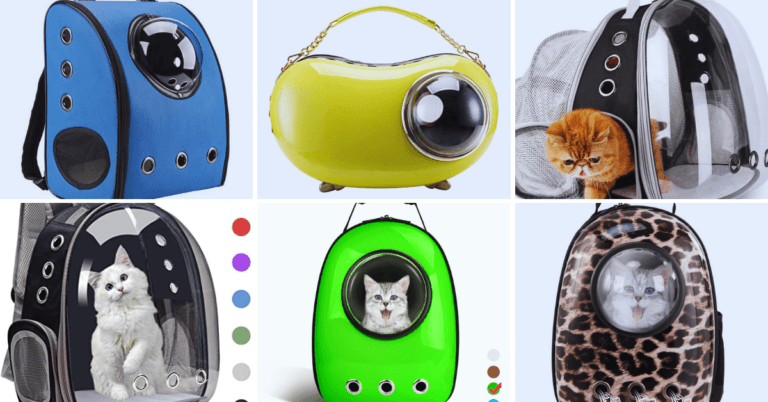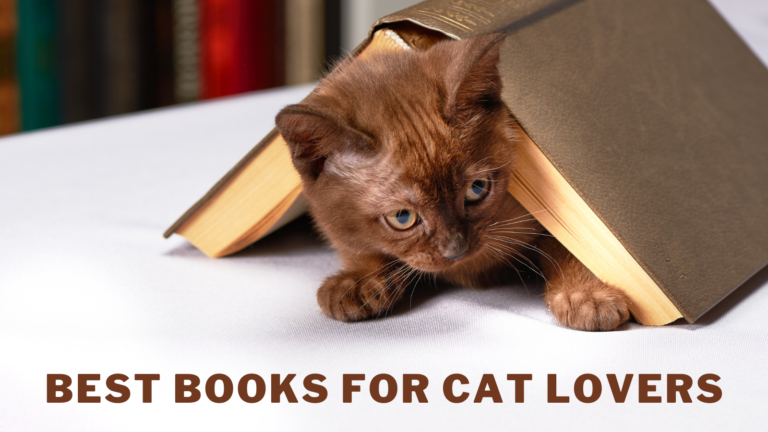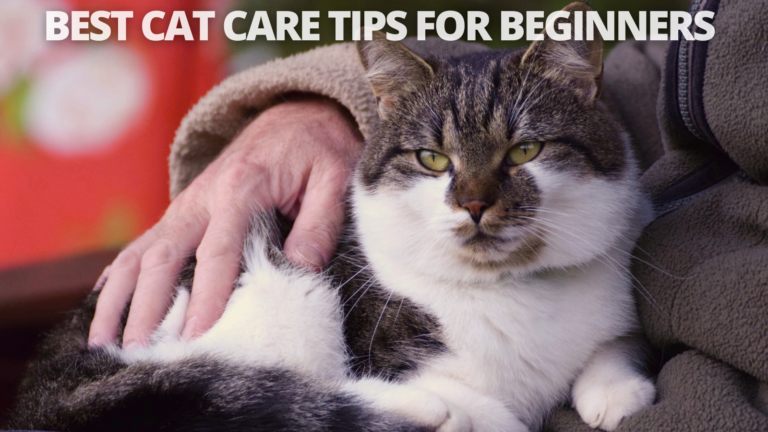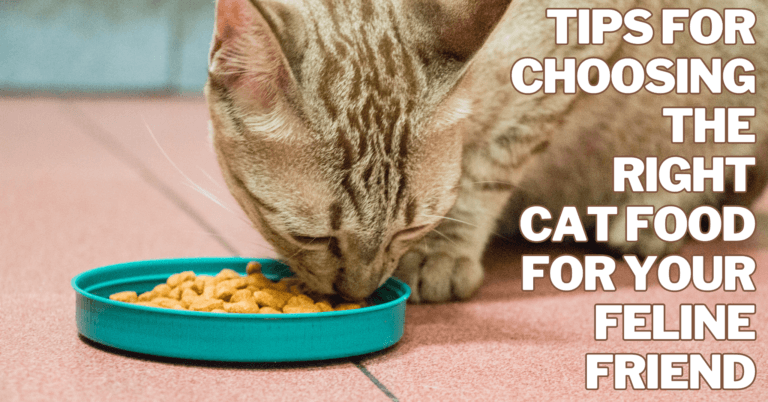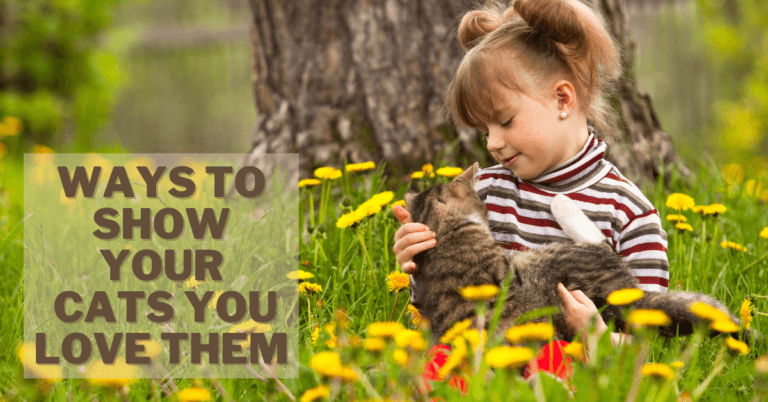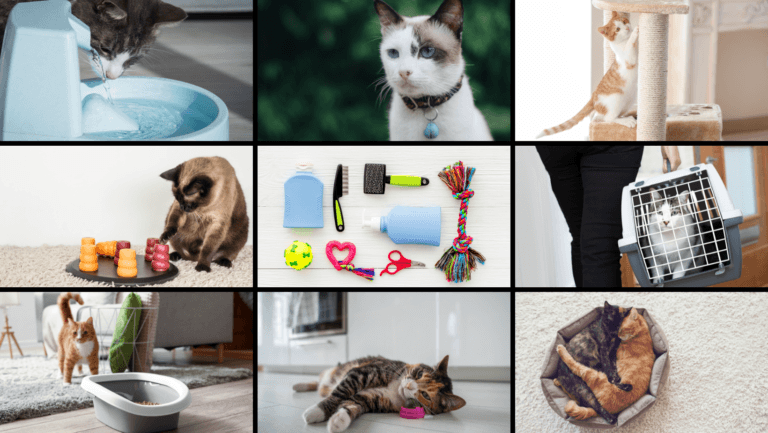Why Do Cats Like Earwax
Why Do Cats Like Earwax?
You're not alone if you’ve ever wondered, ‘Why do cats like earwax?' Many cat owners have experienced their feline friends showing an unusual fascination with this substance.
Understanding this quirky behaviour can shed light on your cat’s instincts, preferences, and underlying motivations for being attracted to earwax.
Let’s explore this intriguing phenomenon together.
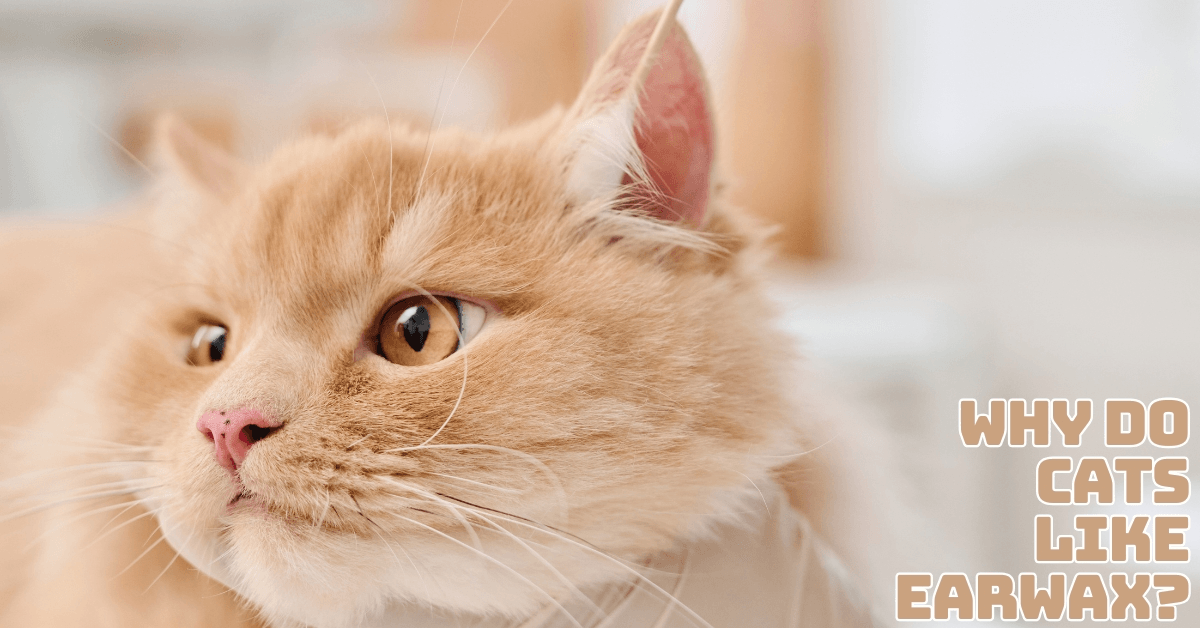
What Is Earwax, And Why Is It Enticing?
Earwax, or cerumen, is a waxy material created by glands in the ear canal. It aids in lubricating, cleaning, and protecting the ear and comprises dead skin cells, fatty acids, cholesterol, and other organic compounds.
These compounds trap dust, dirt, and other potentially harmful particles, preventing them from entering the deeper parts of the ear. While it serves a purely functional purpose for humans, to a cat, earwax carries a unique appeal that draws them in.
Cats are known to have a compassionate sense of smell, roughly 14 times stronger than humans. Their olfactory system, especially the vomeronasal organ (also known as Jacobson’s organ), can detect a broad spectrum of chemical cues.
Earwax contains fatty acids and salts, two compounds that naturally appeal to cats. Fatty acids are a familiar scent from their food and even resemble some smells found in prey animals.
The presence of amino acids and cholesterol may also remind them of the rich scents they might find in animal fats or carrion, mimicking smells they are instinctively programmed to notice.
The salt in earwax adds allure in addition to its scent. Cats may crave salts as part of their diet, and earwax provides an easily accessible source.
Furthermore, earwax shares some chemical properties with scents that cats typically enjoy, like pheromones or even certain plants, such as valerian or catnip.
For example, some organic compounds in earwax give it a musky, pungent odour that cats interpret as intriguing or pleasurable.
Beyond the chemical makeup, cats are naturally curious about anything that smells uniquely of their owners, as scent plays a crucial role in bonding.
A cat’s fascination with earwax could be driven by curiosity, olfactory interest, and instinctual behaviour. In essence, earwax is like a strange but appealing sensory treat for cats.
While it might seem odd, their attraction is rooted in evolutionary instincts and the scent-driven way they explore the world. While this behaviour is typically harmless, keeping an eye on it is essential to ensure your cat isn’t overindulging or exhibiting obsessive tendencies around human scents.
Is Earwax Bad For Cats?
Earwax, also known as cerumen, is expected in cats' ears. It helps trap dirt and debris and has antibacterial properties to prevent infections.
However, excessive earwax can indicate potential problems, such as:
1. Ear Infections
Excessive earwax in cats may signal an ear infection, often accompanied by itching, redness, swelling, or discharge. Infections can cause discomfort, prompting cats to scratch or shake their heads frequently.
2. Parasites
Ear mites are tiny parasites that can cause excessive earwax, itching, and inflammation in cats' ears. Their presence leads to discomfort, prompting scratching, head shaking, and dark, crumbly ear discharge.
3. Allergies
Allergic reactions in cats can inflame ear canals, increasing wax buildup. This may cause redness, itching, and discomfort, leading cats to scratch their ears or shake their heads frequently.
4. Blockages
Excessive earwax in cats can block the ear canal, causing discomfort, hearing difficulties, and sometimes balance issues. Cats may scratch or shake their heads, indicating the need for a vet checkup.
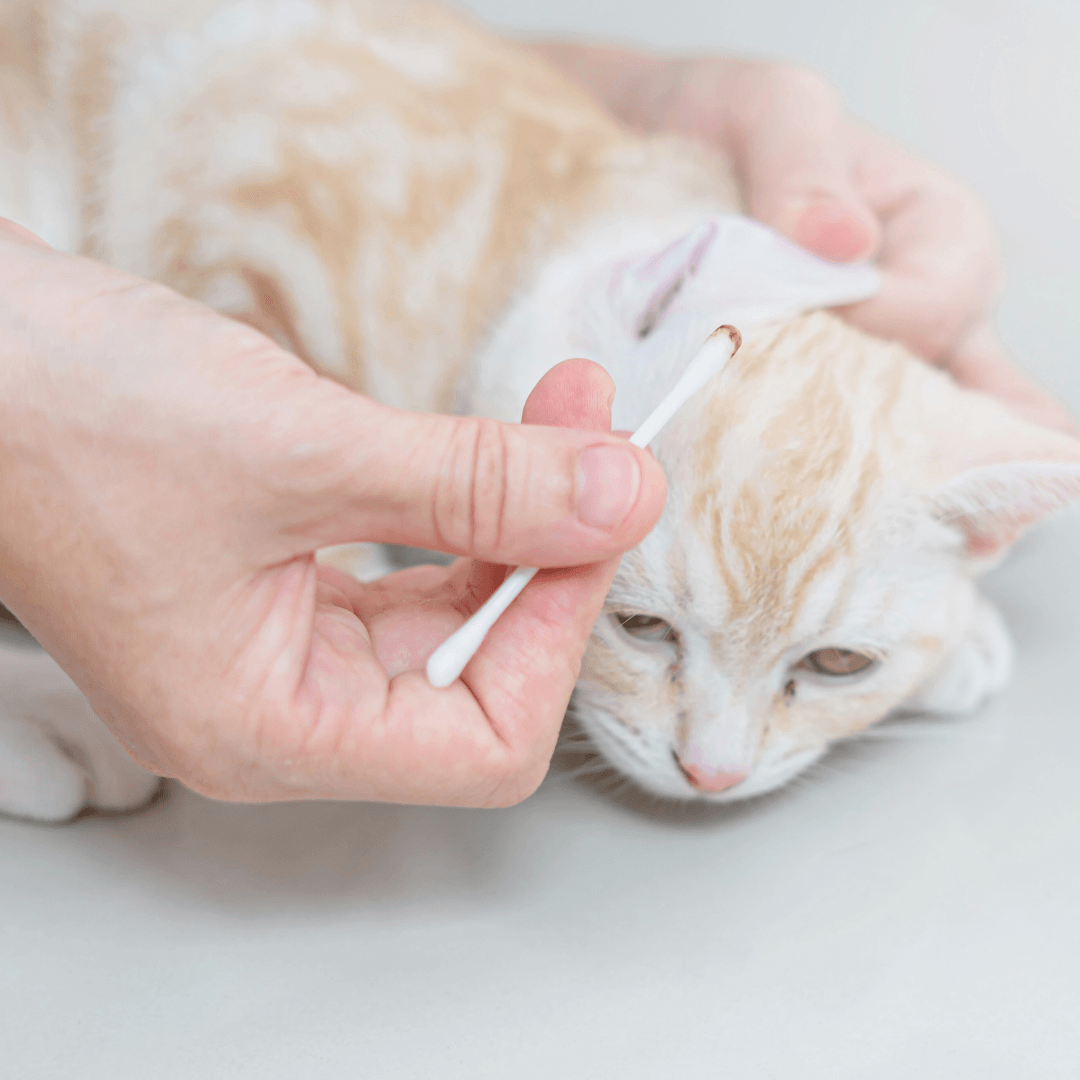
Why Do Cats Like Earwax? The Science Behind This Feline Fascination
1. The Appeal Of Scent
Cats have an extraordinary sense of smell—far more sensitive than ours. They use scent to understand their environment, detect food, and communicate with other animals.
Your earwax contains oils, fatty acids, and dead skin cells that emit unique odours. While these scents might be subtle or even unpleasant to us, cats find them quite intriguing.
Earwax, or cerumen, has natural pheromones and proteins that can pique a cat’s interest. It signals a unique blend of scents that gives cats new information about their owner. Since cats rely heavily on scent for bonding and familiarity, this can be one way they identify with us.
2. The Protein Attraction
Cats are often curious about earwax because it contains proteins and amino acids similar to those in animal prey. Cats are naturally drawn to these foods because of their natural diets, which are high in fat and protein.
Earwax, or cerumen, also contains oils and dead skin cells, which give off unique scents that cats find enticing. While it doesn’t fulfill any dietary need, it’s thought that the smell and texture may remind cats of other protein-rich substances.
This combination of scent and taste provides sensory stimulation, explaining why some cats are keen to investigate earwax.
3. Curiosity And Bonding
Cats' curiosity drives them to explore novel textures and scents, making earwax an intriguing find. Earwax offers a unique scent that acts as a sensory “puzzle” for them, something unfamiliar to sniff or lick, which satisfies their natural investigative instincts.
Cats often express affection through scent-marking, kneading, or nuzzling, which bonds them with their owners.
By investigating your ear or earwax, they may use scent to recognize and connect with you, adding it to their mental map of your unique smell. This interaction can be a quirky display of affection and bonding.
4. Sensory Exploration
Cats rely heavily on their senses, particularly smell and taste, to navigate and interact with their surroundings. Their natural curiosity leads them to lick, chew, or sniff various objects, including earwax, which offers a unique scent and mildly salty taste.
This sensory exploration helps cats learn more about their environment and can be an engaging activity, particularly for indoor cats with limited stimuli. Investigating earwax provides mental stimulation, keeping them entertained and satisfied.
By exploring these scents and tastes, cats fulfill their instinctual need for curiosity and discovery, enhancing their overall well-being and reducing boredom.
5. Reinforcing Territory
Cats use scent to mark their territory and communicate with others, making scent a crucial aspect of their social behaviour. When a cat rubs its head against you or licks your skin, it leaves its scent behind, reinforcing its bond with you.
By investigating your earwax, they engage in similar behaviour, as the unique scent of earwax becomes part of their scent-marking ritual.
This interaction signifies their connection and loyalty to you, their chosen human. Through this affectionate behaviour, cats establish their territory, ensuring that their presence is felt in their shared environment with you.
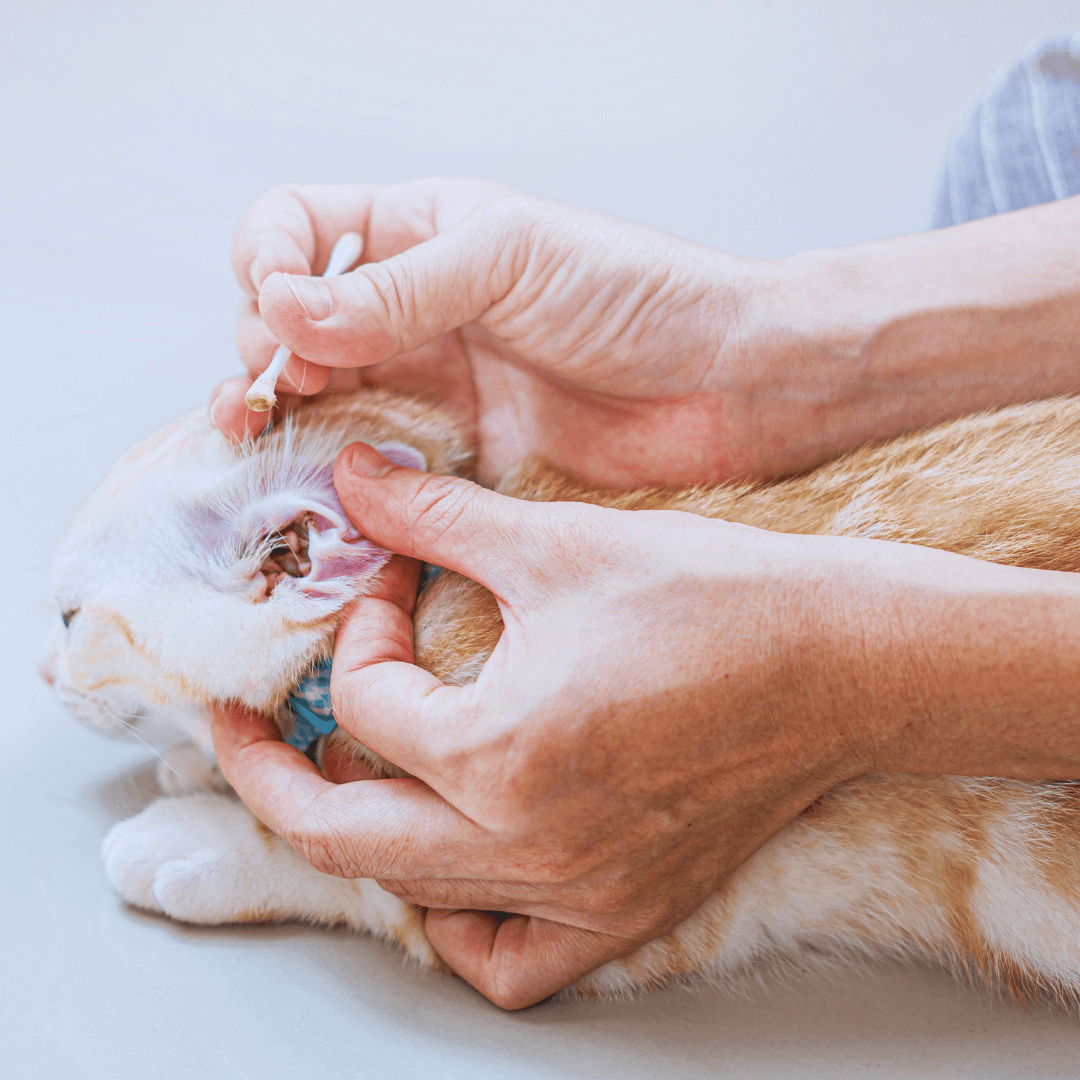
How To Manage Your Cat's Obsession With Earwax
Although controlling your cat's earwax fixation can be difficult, you can use a few tactics to help reroute their behaviour and protect their health. Here are some tips:
1. Understand The Behaviour
Cats are often attracted to earwax because of its unique texture and smell, which can mimic natural scents they find appealing.
This behaviour may stem from curiosity or a desire for attention. Recognizing these motivations can help you develop effective strategies to manage their fixation and redirect their focus.
2. Regular Ear Cleaning
Regular ear cleaning is essential for maintaining your cat's ear health and reducing their attraction to earwax. Use a veterinarian-recommended ear cleaner and a soft cotton ball to gently wipe the outer ear and canal. This practice prevents wax buildup and minimizes odours, making the ears less enticing to your cat.
3. Provide Alternatives
To divert your cat’s attention from your ears, provide stimulating alternatives like interactive toys, puzzle feeders, or engaging play sessions.
Change the toys frequently to maintain their attention and encourage exploration. Daily playtime keeps your cat entertained and strengthens your bond while reducing their focus on your ears.
4. Limit Access
To limit your cat's access to your ears, establish clear boundaries when they tend to approach. Use a blanket to create a physical barrier, or gently move away when they get too close.
Consistently enforcing these boundaries helps discourage the behaviour and reinforces appropriate interactions between you and your cat.
5. Positive Reinforcement
Use positive reinforcement to encourage your cat to ignore your ears. Reward them with treats or affection when they engage in alternative behaviours.
This approach helps reinforce desirable actions and teaches your cat to seek attention through positive interactions, ultimately promoting a healthier bond between you and your furry friend.
6. Consult Your Vet
If your cat's ear obsession persists or you notice any unusual symptoms, consult your veterinarian for advice. They can assess whether underlying issues, such as allergies, ear infections, or other health concerns, contribute to the behaviour. With early action, your cat's well-being can be guaranteed, and issues can be avoided.
Be patient when addressing your cat's ear obsession, as changing behaviour often requires time and consistency. Stick to your established strategies, offering positive reinforcement and alternative activities.
Understanding that adjustment is a process will help you remain calm and supportive, ultimately fostering a healthier relationship with your cat.
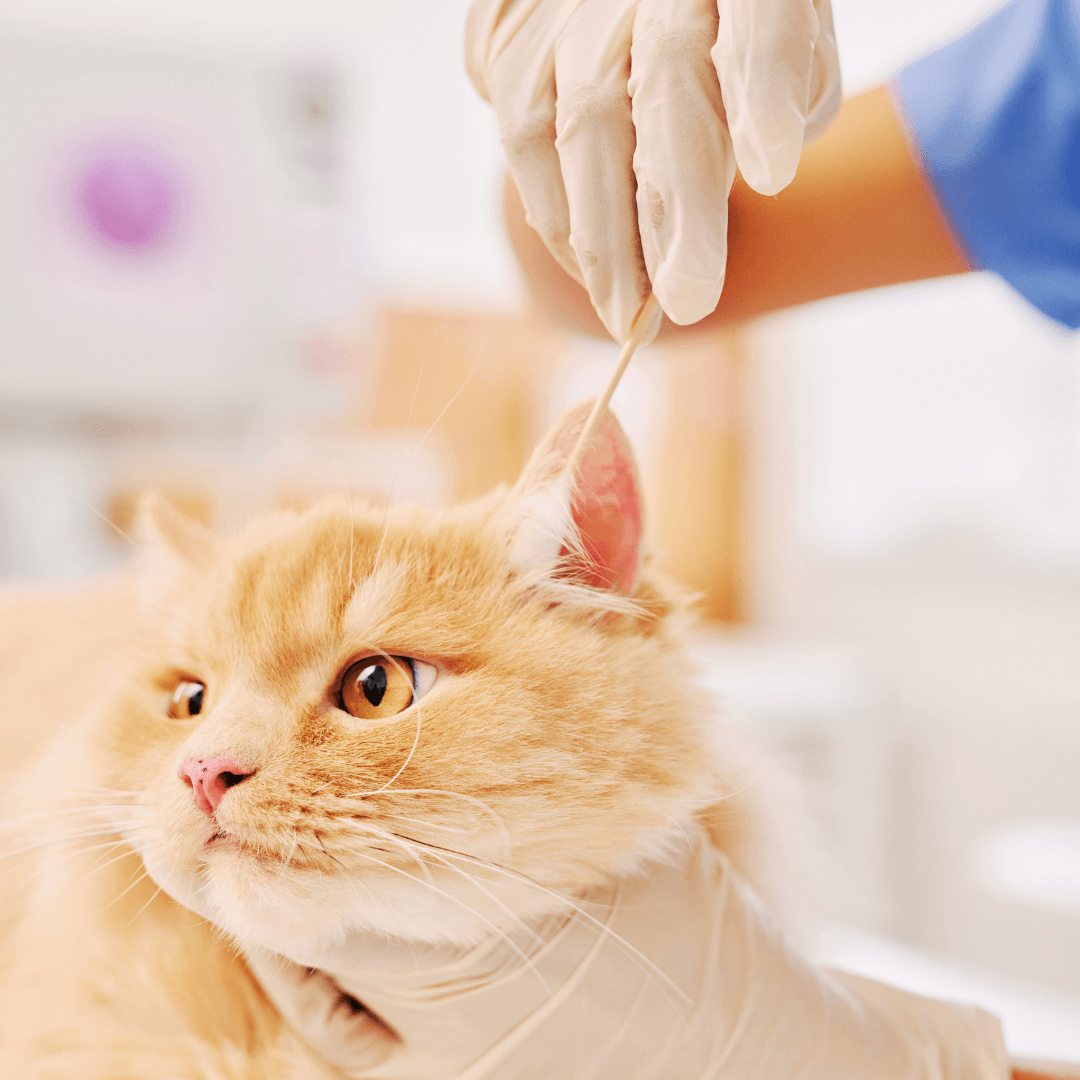
How Are Cats Drawn To Earwax?
Understanding these motivations can help cat owners manage their pets’ behaviours more effectively.
1. The Role Of Scent
The distinct fragrance of earwax is one of the main factors attracting cats to it. It is thought that cats' sense of smell is 14 times more acute than that of humans.
They rely heavily on their sense of smell to explore their environment, communicate, and identify food sources. Earwax contains fatty acids, proteins, and various organic compounds, giving it a distinctive odour that may appeal to cats. The natural scent of earwax could pique their interest, prompting them to investigate further.
2. Taste Attraction
Earwax's scent and taste may also attract cats. Due to its composition, earwax has a somewhat salty and fatty flavour. Cats are obligate carnivores, meaning their diets primarily consist of meat.
The fatty acids found in earwax might resemble the taste of animal fats, which could explain their attraction. For a cat, licking earwax may be a way to satisfy its instinct to seek out fatty and protein-rich substances, even if the source is unconventional.
3. Grooming Instincts
Cats are known for their grooming behaviour, often spending a significant portion of their day cleaning themselves. This self-grooming is not only about hygiene; it also serves social and bonding purposes among cats.
When one cat grooms another, it can strengthen social bonds within a group. As part of this grooming behaviour, cats may lick their ears or the ears of other cats. If they notice a buildup of earwax, they might instinctively lick it as part of their routine.
This behaviour can be exacerbated if the cat focuses on keeping its environment clean or is motivated to thoroughly groom itself or another cat.
4. Curiosity And Exploration
Cats are naturally curious creatures. They examine their environment and examine different materials and items. When cats encounter something unusual, such as earwax, they often engage with it out of sheer curiosity.
Licking or nibbling on different objects, including their ears or those of other cats, is a way for them to explore and understand their environment. This exploration can sometimes lead to behaviours that seem strange to us, like licking earwax.
5. Stress And Comfort
In some cases, cats may be drawn to earwax as a self-soothing behaviour when stressed or anxious. Just like humans might bite their nails or fidget when nervous, cats may lick their ears or the ears of others to find comfort.
Cats that undergo environmental changes, such as moving to a new home, getting a new pet, or altering their daily routine, may exhibit this behaviour more frequently. Engaging in familiar grooming behaviours can help them feel more secure and calm.
6. Health Considerations
While the reasons mentioned above can explain why cats might be attracted to earwax, health factors must also be considered.
Excessive earwax production can sometimes indicate underlying health issues, such as ear infections, allergies, or parasites like ear mites.
If a cat frequently licks its ears or shows signs of discomfort, it could be trying to alleviate irritation caused by an infection or allergy.
Observing changes in behaviour, such as increased ear licking or shaking of the head, warrants a trip to the veterinarian for evaluation.
FAQ
1. Why Do Cats Find Earwax Appealing?
Answer: Cats are often attracted to earwax due to its unique texture and smell, which can mimic natural scents. Their instinctual curiosity may also drive this behaviour.
2. Is It Harmful For Cats To Eat Earwax?
Answer: While occasional licking of earwax isn’t usually harmful, it’s best to discourage this behaviour. Consuming excessive amounts could cause digestive problems or indicate a more severe health issue.
3. How Can I Clean My Cat's Ears Safely?
Answer: Clean your cat's ears using a veterinarian-approved ear cleaner and a soft cotton ball. Gently wipe the outer ear and follow your vet's instructions to avoid damaging the ear canal.
4. What Should I Do If My Cat Seems Obsessed With My Ears?
Answer: To redirect your cat's attention, provide engaging toys, regular playtime, and positive reinforcement. Establish boundaries to limit their access to your ears, and consider consulting your veterinarian if the behaviour persists.
5. Can Earwax Indicate Health Problems In Cats?
Answer: Excessive earwax or changes in your cat's ear condition can signal underlying health issues, such as allergies or infections. To monitor your health, you must see your veterinarian regularly.
6. How Can I Prevent My Cat From Being Obsessed With Earwax?
Answer: Regular ear cleaning, stimulating alternatives, and positive reinforcement techniques can help prevent your cat from becoming fixated on earwax. Consistency and patience are vital in managing this behaviour.
7. Are Particular Cat Breeds More Prone To Earwax Obsession?
Answer: While any cat can show interest in earwax, breeds known for their curious nature, like Siamese and Abyssinians, may display this behaviour more frequently. However, individual personality plays a significant role.
8. How Often Should I Clean My Cat's Ears?
Answer: Your cat's ear cleaning frequency depends on its individual needs. Generally, cleaning once a month is sufficient; however, if your cat produces excess wax, more frequent cleaning may be necessary. Always consult your vet for personalized recommendations.
9. What Signs Indicate That My Cat Might Have An Ear Infection?
Answer: Signs of an ear infection include excessive scratching of the ears, shaking of the head, a foul odour, redness or swelling of the ear, and discharge from the ear. Immediately seek veterinary care if you observe these symptoms.
10. Can I Use Human Ear Cleaning Products On My Cat?
Answer: No, using human ear cleaners on cats is not advised because they may contain dangerous substances. Always use a vet-approved ear cleaner designed for cats to ensure their safety.
Conclusion
‘Why do cats like earwax?’ reveals much about their instincts and behaviours. While this obsession may seem peculiar, it often stems from curiosity, scent, and texture preferences.
You can manage this behaviour effectively by understanding these motivations and implementing strategies such as regular ear cleaning, providing alternatives, and practicing patience.
Remember, fostering a healthy relationship with your cat involves recognizing its unique quirks and finding constructive ways to engage with it.
I trust you enjoyed this article on Why Do Cats Like Earwax? Please stay tuned for more blog posts soon. Take care!
JeannetteZ
>>>Please click here to read my all-inclusive article about the Best Cat Care Tips For Beginners<<<
Your Opinion Is Important To Me
Do you have thoughts, ideas, or questions? I would love to hear from you. Please leave your questions, experiences, and remarks about the article Why Do Cats Like Earwax in the comments below. You can also reach me by email at Jeannette@Close-To-Nature.org.
Disclosure
This post may contain affiliate links. As an Amazon Associate and other affiliate programs, I earn from qualifying purchases at no extra cost to you. Please read my full affiliate disclosure.
You might also enjoy these blog posts:
How To Show Your Cats You Love Them

